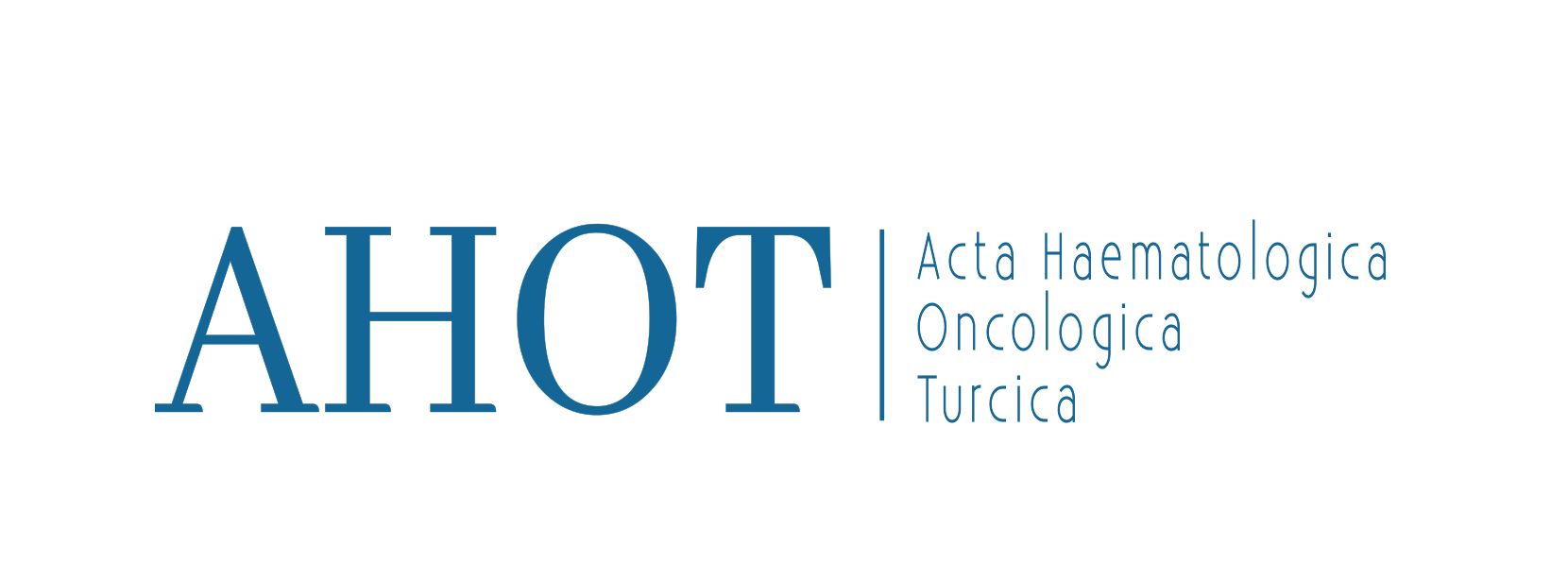Abstract
INTRODUCTION
There is a lack of evidence of the outcomes in elderly patients advanced stage biliary tract cancer due to the patients aged over 65 years are less than 25% in many prospective trials. We designed a retrospective multicenter study to evaluate the factors affecting treatment and survival in elderly patients with advanced-stage biliary tract cancer.
METHODS
A total of 116 patients with advanced stage biliary tract cancer aged ≥65 years were included, and the treatment responses, survival, and toxicity rates were evaluated with respect to age groups.
RESULTS
There was no significant difference between age and response to treatment, survival, or toxicity. The median progression-free survival and overall survival were 5.3, and 11.8 months respectively. Multivariate analysis indicated that ECOG PS (p<0.001 CI95% 1.5-3.7) and PNI (p<0.001 CI 95% 0.14-0.41) were significant independent prognostic factors for PFS. The independent prognostic factors for OS were choice of frontline regimen, NLR and PNI (p=0.007 CI 95% 0.71 – 0.94, p=0.006 CI 95% 1.2 – 3.1, p=0.001 CI 95% 0.35 – 0.91, respectively).
DISCUSSION AND CONCLUSION
This study confirms the general prognostic relevance of inflammatory parameters and the importance of frontline treatment in elderly patients with advanced-stage biliary tract tumors. Additionally, getting older does not indicate that treatment will be avoided or that they will have a worse prognosis and suffer from more toxicities.



